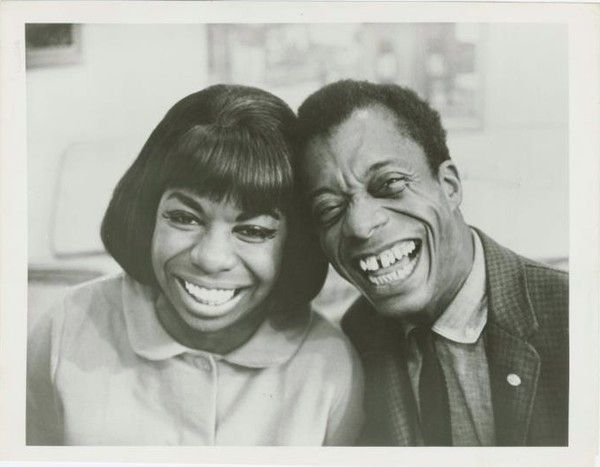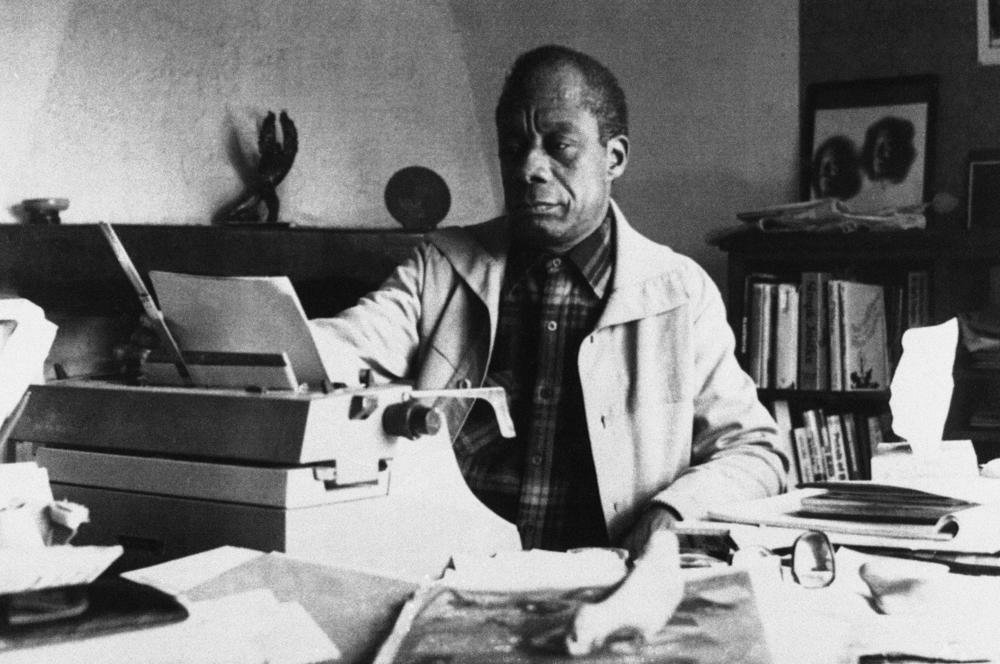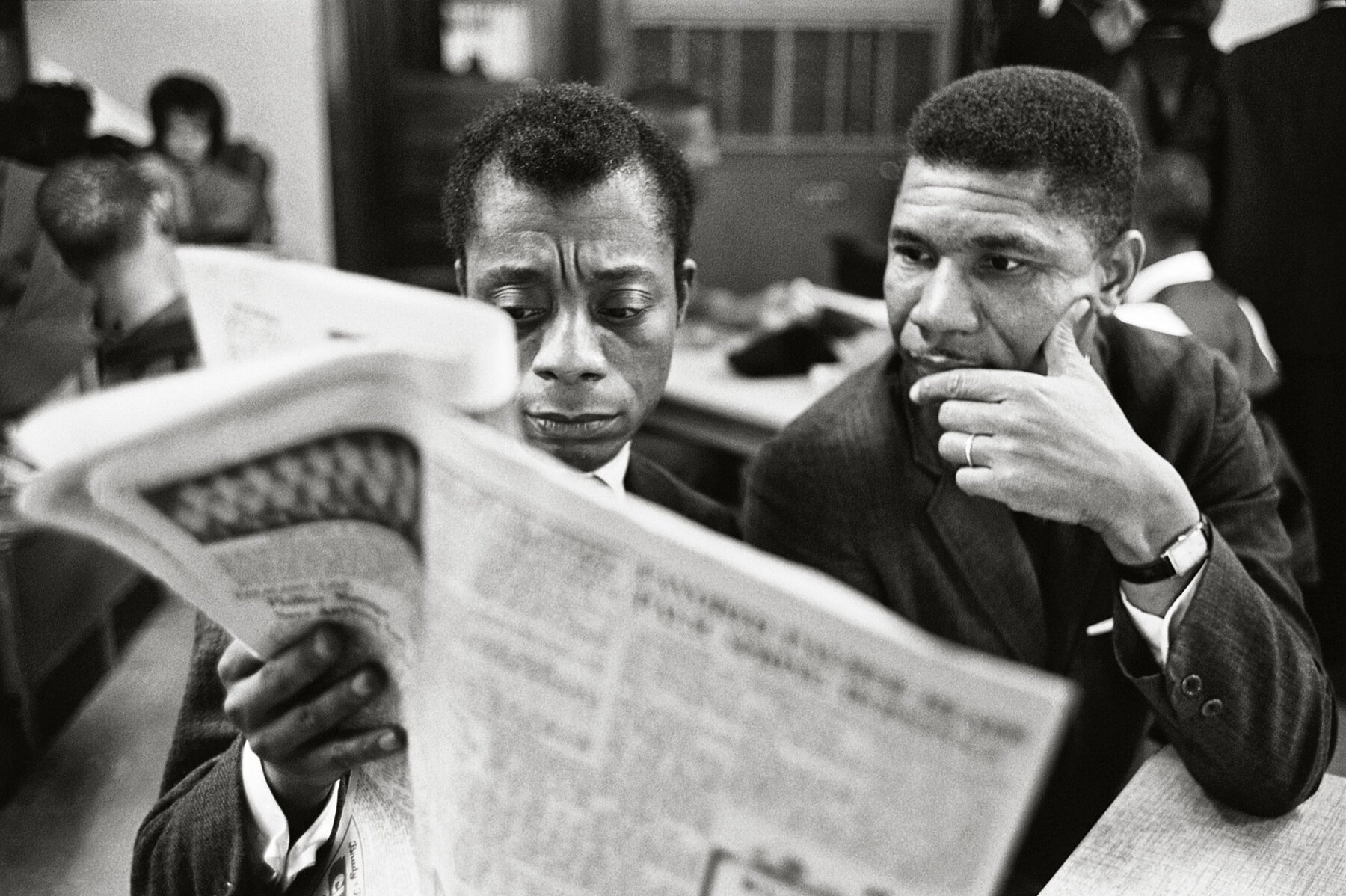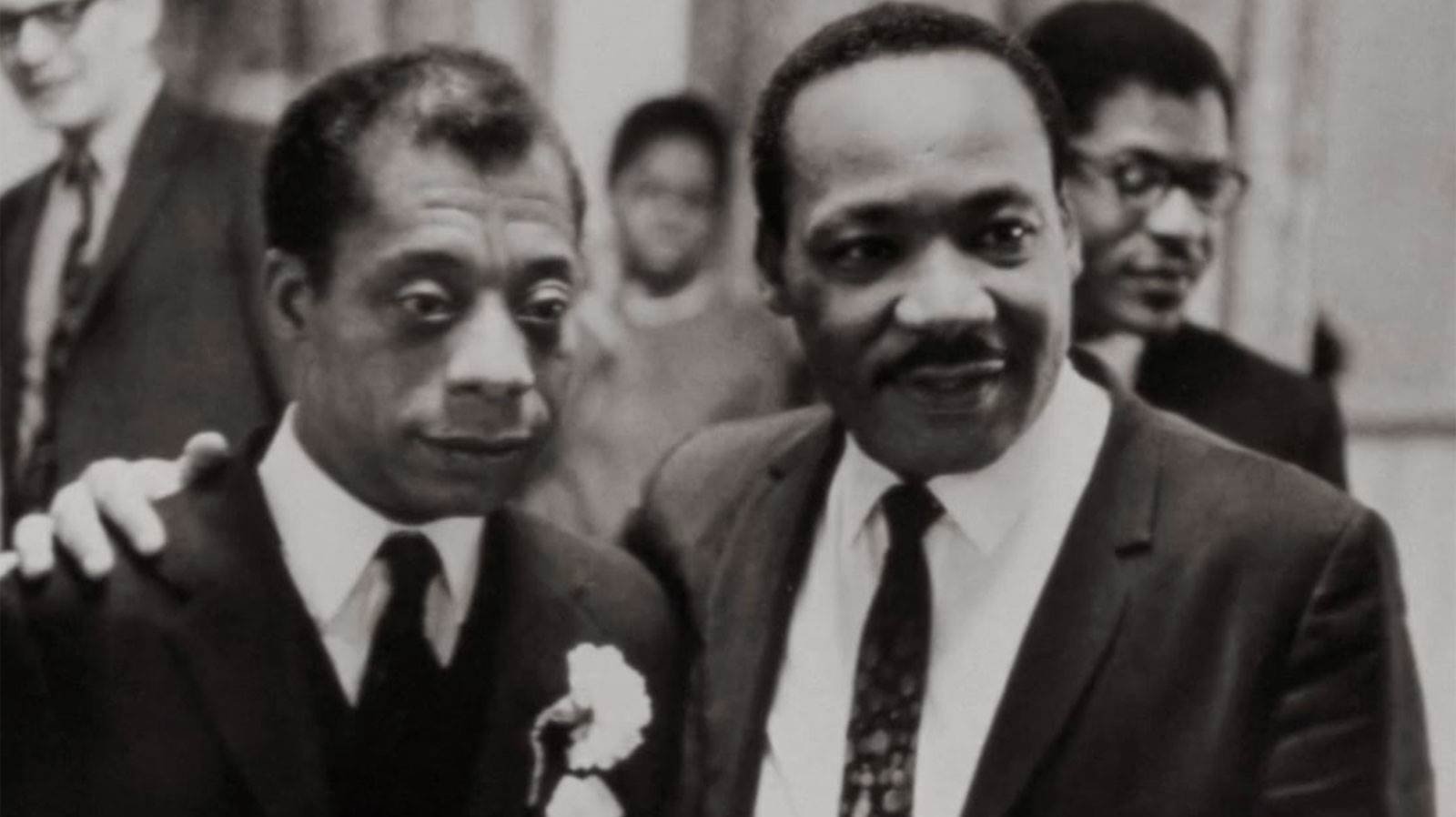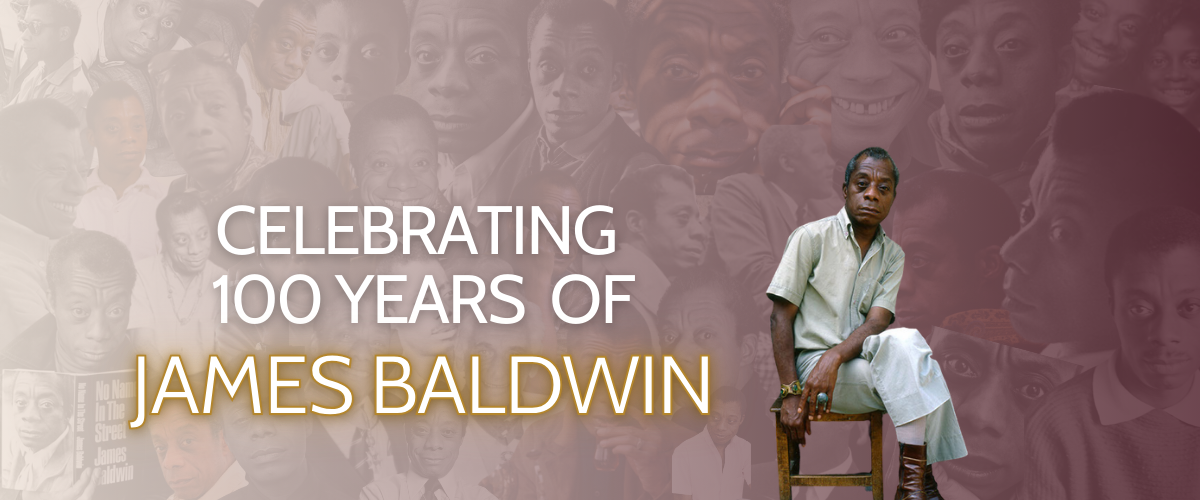
THE LEGACY OF JAMES BALDWIN
Born on August 2, 1924, in Harlem, New York, James Baldwin is one of the 20th century's greatest writers who broke new literary ground with the exploration of racial and social issues in his writings and essays that honed in on the Black experience. Baldwin was an essayist, playwright, novelist and a prominent voice of the American civil rights movement known for works including 'Go Tell It on the Mountain’, 'Notes of a Native Son,' and 'The Fire Next Time'. Published in 1953, ‘Go Tell It on the Mountain’ was Baldwin’s first novel. His next novel, Giovanni's Room told the story of an American living in Paris and broke new ground for its complex depiction of homosexuality. Baldwin was open about his homosexuality and relationships with both men and women. Yet he believed that the focus on rigid categories was just a way of limiting freedom and that human sexuality is more fluid and less binary than often expressed in the U.S. Later in life, Baldwin spent years sharing his experiences and views as a college professor at University of Massachusetts at Amherst and Hampshire College. His legacy would live on through his writings, lectures, and prolific interviews conducted throughout his life. On December 1, 1987, James Baldwin joined the ancestors at his home in St. Paul de Vence, France. Baldwin saw his personal mission as bearing "witness to the truth." He accomplished this mission through his extensive, rapturous literary legacy. As we celebrate 100 years of James Baldwin in 2024, learn more about his writings, history and activism.
A Lifetime of Storytelling
Standalone Novels
Go Tell It on the Mountain (1952)
Giovanni’s Room (1956)
Another Country (1962)
The Fire Next Time (1963)
Tell Me How Long the Train’s Been Gone (1968)
If Beale Street Could Talk (1974)
Little Man, Little Man (1976)
Just Above My Head (1978)
Non Fiction Books
Notes of a Native Son (1955)
Nobody Knows My Name (1961)
Nothing Personal (1964)
Black Anti Semitism And Jewish Racism (1969)
Harlem, U.S.A. (1971)
A Rap on Race (1971)
No Name in the Street (1972)
A Dialogue (1973)
The Devil Finds Work (1976)
The Price of the Ticket (1985)
The Evidence of Things Not Seen (1985)
Baldwin: Collected Essays (1998)
Native Sons (2004)
The Cross of Redemption (2011)
Plays
The Amen Corner (1954)
Blues for Mister Charlie (1961)
One Day When I Was Lost (1969)
Short Stories
Sonny’s Blues (1957)
Going to Meet the Man (1965)
Jimmy’s Blues (1968)
James Baldwin: Early Novels & Stories (1998)
Fifty Famous People (2003)
Vintage Baldwin (2004)
Awards
1945: Eugene F. Saxton Memorial Trust Award.
1948: Rosenwald Foundation Fellowship.
1954: Guggenheim Fellowship.
1956: Partisan Review Fellowship. National Institute of Arts and Letters Award.
1958: Ford Foundation Fellowship.
1962: National Conference of Christians and Jews Brotherhood Award.
1963: George Polk Award.
1964: The Foreign Drama Critics Award. Honorary Doctor of Letters Degree, University of British Columbia.
1976: Honorary Doctor of Letters Degree, Morehouse College.
1986: La Légion D’Honneur, France’s highest honor, awarded by President François Mitterand.
“If you know whence you came, there are absolutely no limitations to where you can go.”
— James Baldwin

